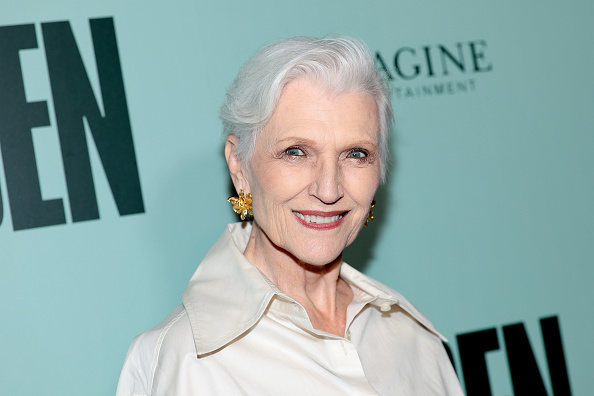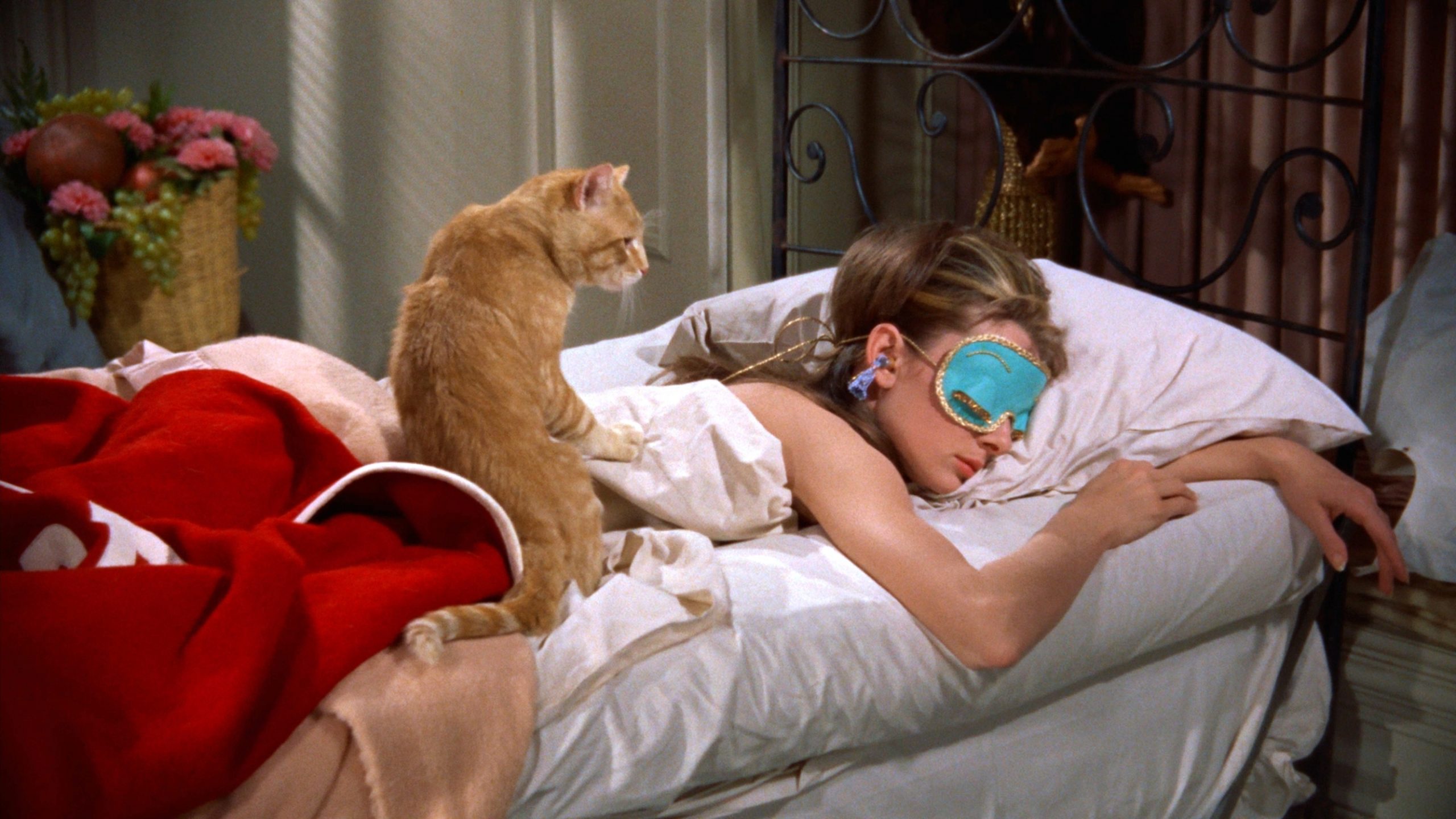Since the triumph of the Islamic revolution in 1979, Women’s rights in Iran are governed by Sharia, Islamic law, which means that, in court, their testimony is worth half that of a man, who must cover themselves fully from the age of 9, who can marry from the age of 13 or who need the express permission of a male to find a job or leave the country. In a country where a woman can be denied a divorce if the husband objects or that he has to undergo vexatious questioning and interrogation if he reports being a victim of sexual harassment or abuse. Iran is not a country for women, as demonstrated by ‘Holy Spider’, the third feature film by Ali Abbasi.

Palma d’Argento for Best Actress at the 75th Cannes Film Festival and Giraldillo de Plata in the same category at the 19th Seville Film Festival; as well as being nominated for four European Film Awards and being shortlisted for the Oscar for Best International Film, its commercial premiere takes place months after the eruption of protests for women’s rights and pro-democracy in the Persian countrystemming from the cruel murder perpetrated by the Iranian Government’s Morale Police on Mahsa Aminiwho was tortured to death and has become a symbol showing the impunity that exists in the Asian country for violence against women.
‘Holy Spider’ also talks about violence against women, in a noir thriller key. Abbasi, the Iranian director in exile in Denmark, leaves aside the fantastic that characterized him so much in ‘Border’ or the horror of ‘Shelley’ to show another type of terror, very real, the one experienced by the city of Mashhad, considered a sacred villa as a place of pilgrimage for Shia Muslims and the second most populous city in Iran, between 2000 and 2001, when Saeed Hanaei killed a total of 16 women, most of them prostitutes.

Inspired by true events, it is one of the worst episodes of the recent black chronicle of the Persian country, an event that deeply touched Abbasi, who was still living in Iran when the feminicides took place. She touched him so much that she ended up becoming the desire to reliably portray the misogyny experienced by women, emphasizing those of the most depressed classesthose who live on the margins, who for various reasons ended up on the street and sold their bodies.
A frontal view of impunity for femicides in Iran
Abbasi runs away from every essence of Iranian cinema. Moreover, it would seem to follow the genre line of his previous works, given that for ‘Holy Spider’ he has opted for a dry tone, with sequences full of rawness, which It could very well be part of a Nordic production (It should be noted that, in fact, the film represents Denmark at the Oscars). There are no poetic metaphors here, no subtleties or double entendres (women are shown unveiled when not in public, for example). Abbasi gives a sensational blow, which frontally shows the shame of a country that does not love its women. In fact, the film had to be shot in Jordan, given the censorship of the Persian country.

So the portrayal of the serial killer is explicit, with scenes that cause great discomfort when viewed. Abbasi, who co-wrote the script with Afshin Kamran Bahrami, makes an amendment to the whole. To do this, it chooses not to be based entirely on true events, having as its protagonist an imaginary character, Arezoo Rahimi, a courageous journalist who goes in search of the truth, even at the risk of her own life. She, in fact, shows the feeling of impunity in crimes related to women.
Abbasi shows a society with abused wives, women who have problems staying alone in hotels, impunity for a complaint of sexual harassment or physical intimidation for wanting to do female journalism. Violence against women is palpable in the atmosphere, similar to the perverse web that builds the serial killer.who believes to “cleanse the streets of corrupt women” by order of Allah.
Ali Abbasi makes one of the best feature films of the year
‘Holy Spider’ does not just remain in the vile portrayal of a serial killer and a religious fanatic. The film shows how Hanaei was considered a hero by public opinion., coming to have a group of followers who asked for his release. Abbasi here also shows the degree of dehumanization that exists in the face of women who have been forced into prostitution, those women to whom Abbasi gives names, faces and shows their lives, in the code of social denunciation. Its epilogue is terrifying, as it reveals how violence against women is passed down from generation to generation.

With two superb performers, first it’s time to applaud Mehdi Bajestani for his work in embodying that serial killer. Although the one who has to praise loudly is Czar Amir Ebrahimi, the newest winner of the Palme d’Argent at Cannes. Exiled from her country since an intimate video leaked, Ebrahimi has become one of the international symbols of women’s freedom in her home country, a courageous actress who she took up the challenge of giving a voice and face to the indignation of women who stood up and said enough.
Abbasi has established himself as one of the most fascinating filmmakers in European cinemademonstrating an extraordinary versatility in which its essence remains intact, also proving to be a master of atmospheres. ‘Holy Spider (Sacred Spider)’ is already one of the essential titles of this 2023 that has just beguna sublime cinematic exercise that reveals the shame of a society that sees itself uncomfortably reflected.
Note: 9
The best: The atmosphere of horror that pervades every scene.
Worse: Underestimating the reality that Abbasi denounces.
Source: E Cartelera
Bernice Bonaparte is an author and entertainment journalist who writes for The Fashion Vibes. With a passion for pop culture and a talent for staying up-to-date on the latest entertainment news, Bernice has become a trusted source for information on the entertainment industry.




